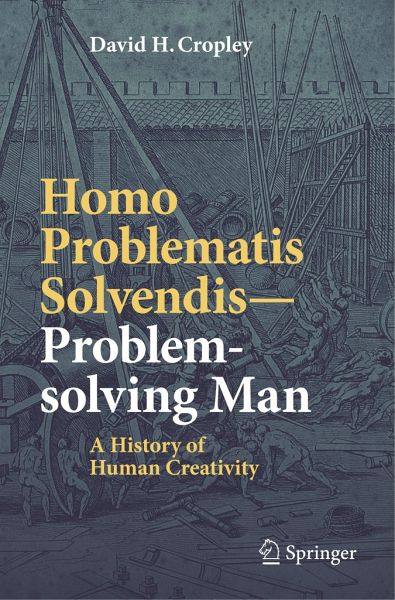
Homo Problematis Solvendis-Problem-solving Man
A History of Human Creativity

PAYBACK Punkte
12 °P sammeln!
This book presents the history of modern human creativity/innovation through examples of solutions to basic human needs that have been developed over time. The title - Homo problematis solvendis - is a play on the scientific classifications of humans (e.g. Homo habilis, Homo erectus, Homo sapiens), and is intended to suggest that a defining characteristic of modern humans is our fundamental ability to solve problems (i.e. problem- solving human = Homo problematis solvendis).The book not only offers new perspectives on the history of technology, but also helps readers connect the popular intere...
This book presents the history of modern human creativity/innovation through examples of solutions to basic human needs that have been developed over time. The title - Homo problematis solvendis - is a play on the scientific classifications of humans (e.g. Homo habilis, Homo erectus, Homo sapiens), and is intended to suggest that a defining characteristic of modern humans is our fundamental ability to solve problems (i.e. problem- solving human = Homo problematis solvendis).
The book not only offers new perspectives on the history of technology, but also helps readers connect the popular interest in creativity and innovation (in schools, in businesses) with their psychological underpinnings. It discusses why creativity and innovation are vital to societies, and how these key abilities have made it possible for societies to develop into what they are today.
The book not only offers new perspectives on the history of technology, but also helps readers connect the popular interest in creativity and innovation (in schools, in businesses) with their psychological underpinnings. It discusses why creativity and innovation are vital to societies, and how these key abilities have made it possible for societies to develop into what they are today.














